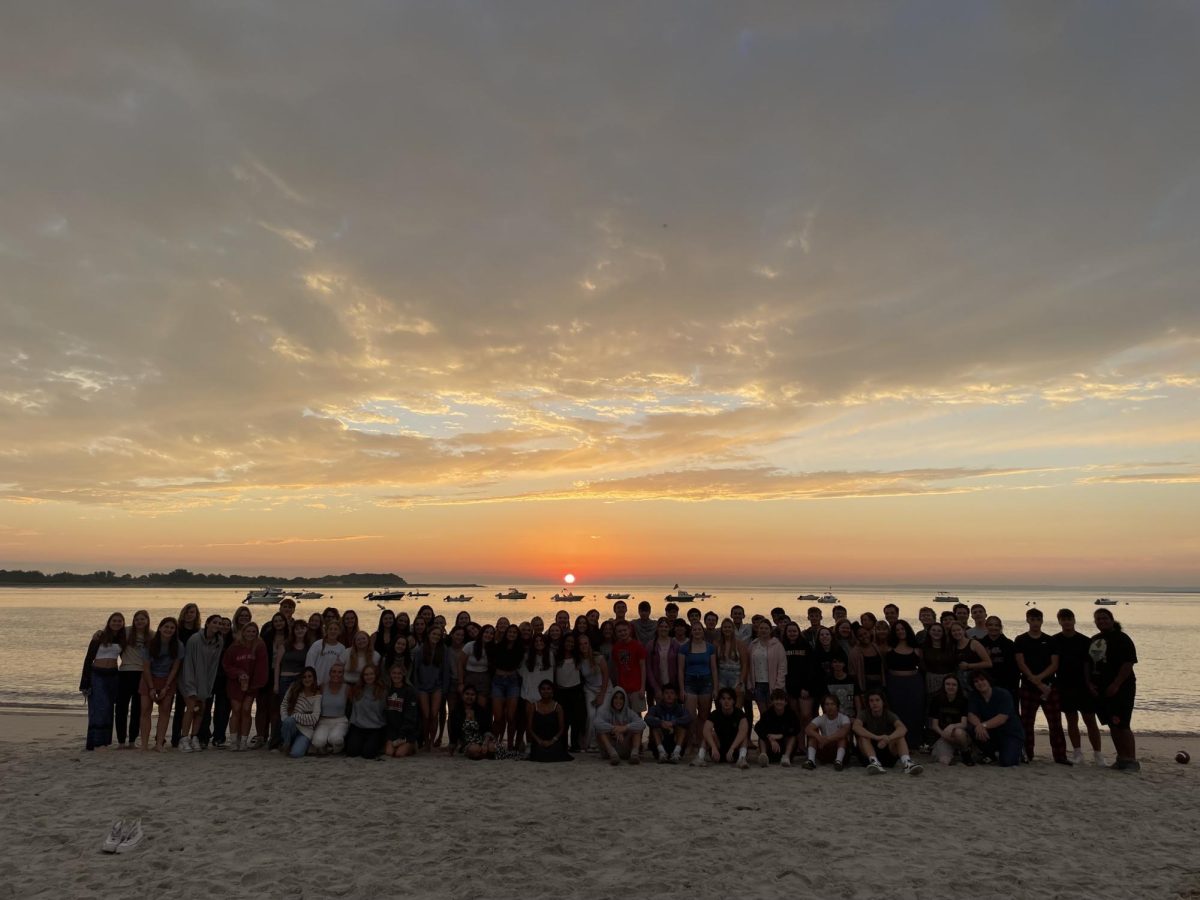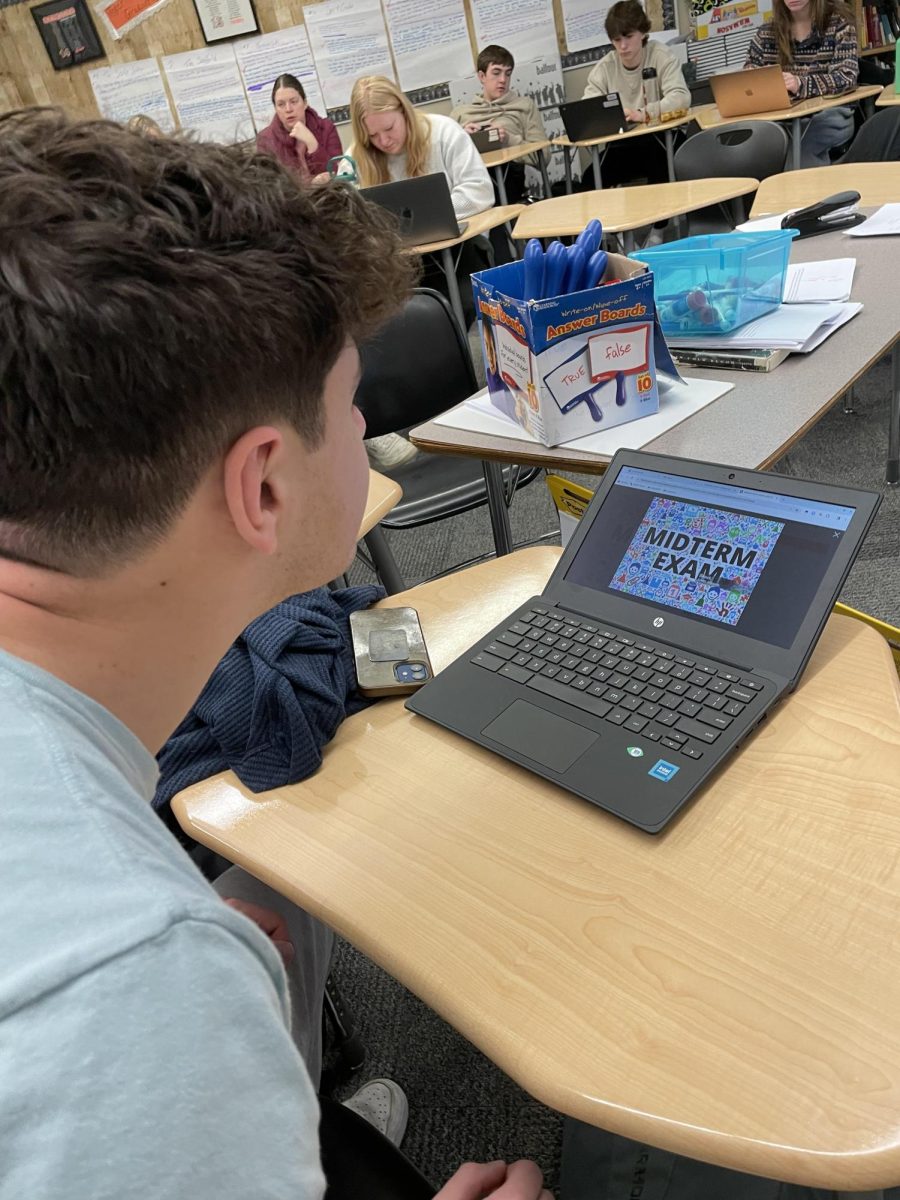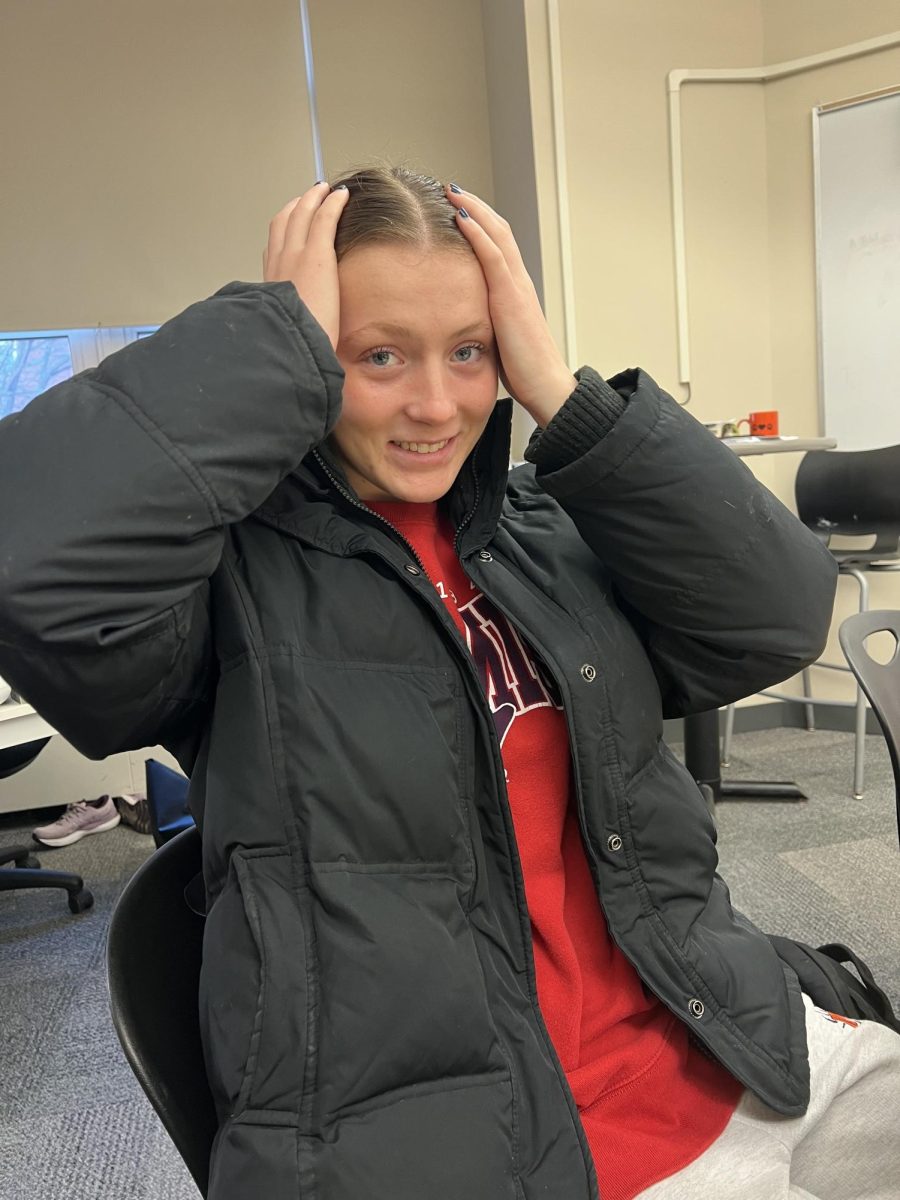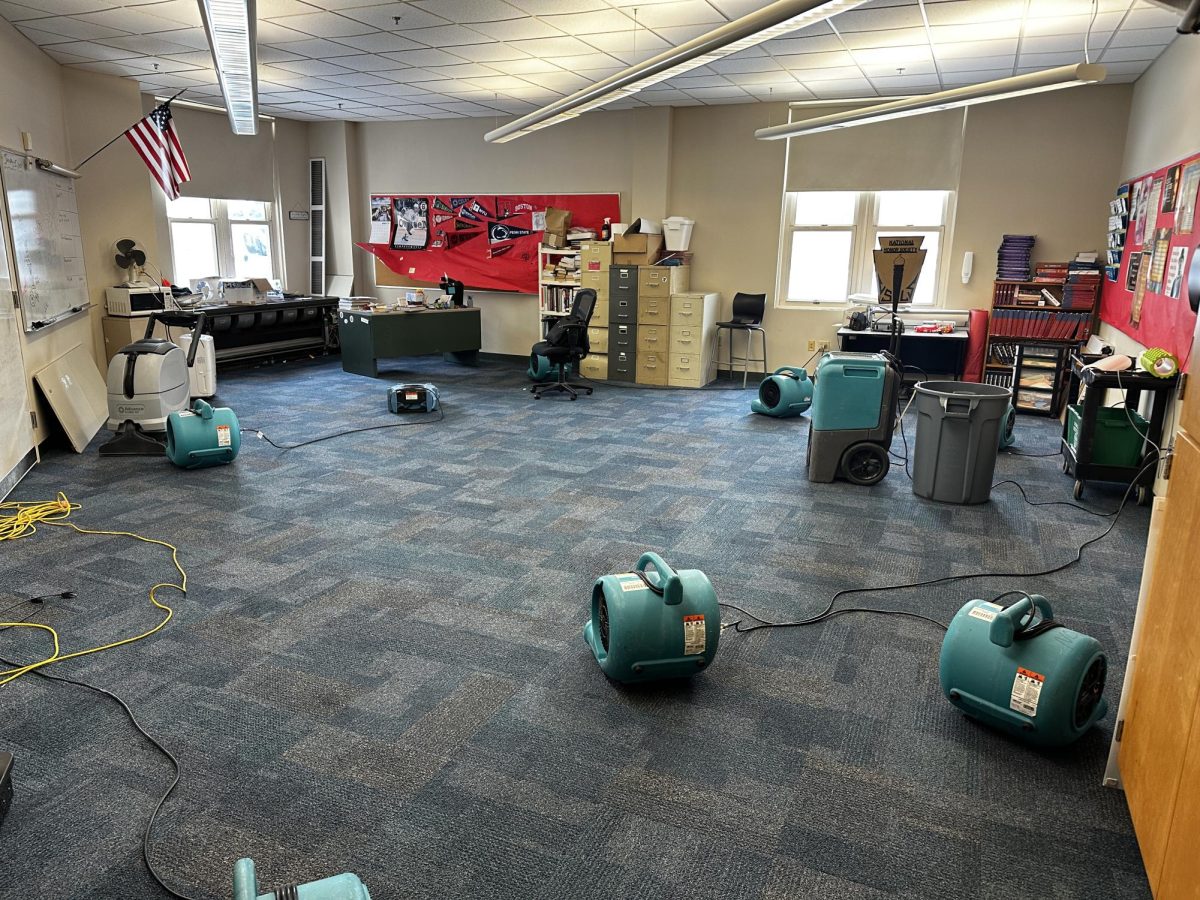Students at IHS have had the privilege and opportunity to take field trips throughout their academic careers. From kindergarten to twelfth grade students have gained life experiences and knowledge from off campus events. Field trips are rare occasions that take place during school hours designed to explore a topic and gain a personal connection to the subject being taught in the classroom.
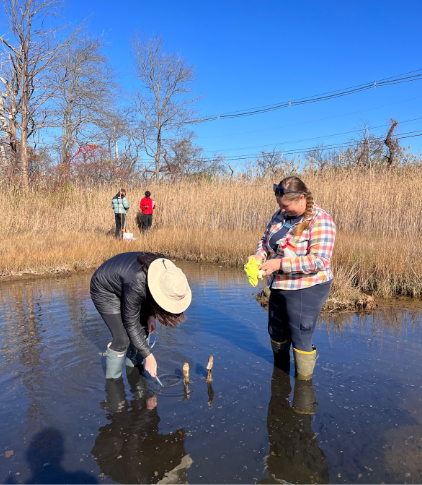
There has been a noticeable decline in field trips during high school in comparison to elementary and middle school levels. We have our own opinions on the issue, but we decided to see the perspective of other students and teachers on the benefits and concerns of field trips.
We spoke to Ipswich High School upperclassmen Morgan Sexton to learn the value and drawbacks behind field trips. She said: “Field trips are a good way to learn outside of school. It can be helpful for people who don’t respond well to listening and taking notes from lectures.” Morgan reflected on some of her best IHS field trips, nearly all of the trips she experienced were from science classes. “We were going on field trips to beaches, like Pavillon, downtown, marshes, and different places that helped us learn,” she said with excitement as she talked about AP Environmental Science. Morgan was also able to share her opinion on the decline of field trips. “Teachers see it as a fun experience rather than a learning experience even though it can be both,” Morgan explained.
We also choose to sit down with a teacher and understand the administration perspective. Mrs. LaFrance, a science teacher at Ipswich High School, takes her classes on multiple field trips throughout the year. She was able to describe how field trips are planned and approved. She shares that the approving process is simple; she sends in her requests with a two week notice and waits for Mr. Mitchell’s approval. However there is a struggle especially within the science department when working with organizations, weather, and nature. This creates last minute field trips which are not fairly appreciated by the administrative staff. Mrs. LaFrance also added: “We are really lucky here because we get grants,”mostly for buses, yet those grants significantly aid field trips and provide great accessibility for the town’s school system. Furthermore, she spoke on the benefits of field trips to her students. She explains how it “helps students understand more when they can actually see it, feel it, and be right there with it rather than reading it from a textbook or having someone explain it to them. A lot of people learn hands on and field trips provide that.”
Upon our research we learned that many students and schools share the same opinion. We found that field trips are an “opportunity to motivate and connect students to appreciate and understand classroom concepts, which increase a student’s knowledge foundation, promoting further learning and higher level thinking strategies. With understanding comes confidence and intrinsic motivation”(Sandra Abell, Handbook of Research on Science Education). It’s been researched and proven that students benefit from field trips through new experiences and learning. Many students in a classroom setting can find reading and taking notes as impersonal; nevertheless having an occasion outside of the classroom students begin to have the ability to not only connect with the material on a higher level, but with their peers and their environment.
Whether it’s exploring the salt marshes, going to the museum, touring a writer’s home or being able to walk on the stomping grounds of a book setting, each field trip is personal, creating a deeper understanding and connection that inspires students of Ipswich High School. This leads us to believe that even older students such as high schoolers should continue to have field trips.

